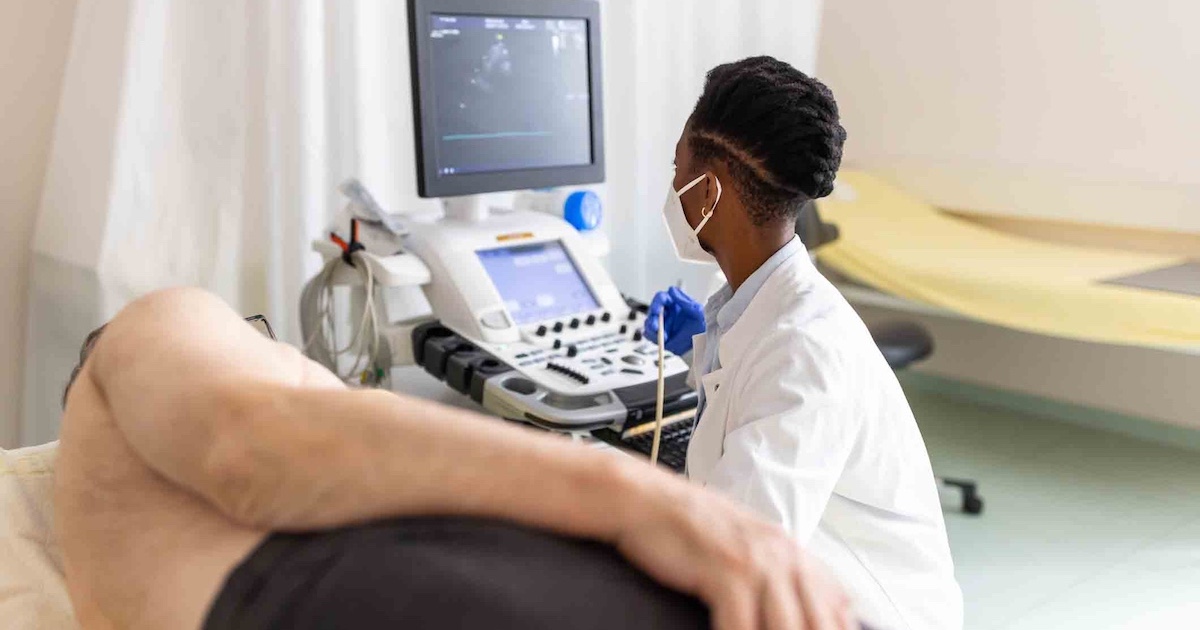In the wake of last week’s Congressional hearings on mobile health app regulation, mHIMSS staff Tom Martin and David Collins say the future of healthcare apps couldn’t be brighter.
Both worked with industry mHealth experts to develop the mHIMSS Roadmap, a document that aggregates insights from the healthcare experts and other contributors, such as Verizon, AT&T and PricewaterhouseCoopers. The roadmap offers mHealth implementation guidance to help health systems, hospitals and other healthcare organization leaders.
The hearings, held March 19-21, explored the balance between allowing innovation to flourish and regulating health apps for the sake of patient safety. Some charged that the hearings, led by GOP subcommittee members of the House Committee on Energy and Commerce, sought to expose the dangers of strict FDA oversight and the potential threat of Obamacare taxes on apps. Most witnesses, however, dismissed these concerns.
Martin, the manager of mHIMSS, and Collins, the group's senior director, attended the hearings and jointly answered e-mail questions.
Q: In HIMSS' opinion, is the lack of FDA guidance posing a problem right now to app companies? If so, how?
A: Many developers continue to bring innovative products to market, and venture funding for healthcare startups is at an all-time high. The average value of Rock Health startups has increased over the past few years, so the argument of stifling innovation is circumspect. However, a few developers are waiting on the FDA’s final medical app guidance before submitting to app marketplaces. Most of these developers should recognize that they are missing the current opportunity to participate in the app marketplace, as they would be regulated only if the product was a medical device.
Q: Is the fear of taxation on apps affecting the app market?
A: Congressman (Henry) Waxman (D-Calif.) read off a large segment of the app categories that would not be subjected to the medical device excise tax. Furthermore, Ms. Christy Foreman from the FDA answered that there is no intent to broadly subject tablets and smartphones to the medical device excise tax. A very small segment of the app marketplace population could be subject to the excise tax on medical devices, if it meets the criteria for the IRS to do so, and is regulated by the FDA.
Q: One of the panel members said something about Congress taking charge of app regulation. Do you see this happening?
A: The hearings highlighted the need for predictable and timely regulation. Both Congress and the executive branches should work together. The FDA continues to exert restrained regulatory oversight and noted that the timeframe for a formal medical device review is within its congressionally mandated limits of 90 days (average time is 67 days for the review of a medical device submission). The more interesting discussion that did go unnoticed is the role of providing outreach to the development community. HIMTA (The Healthcare Innovation and Marketplace Technologies Act), introduced in the 112th Congress, was a potential stepping stone to further assist the development community. In addition, the emerging role of the FDA Safety Innovation Workgroup was largely ignored by the committee in favor of focusing on the taxation issue, which was largely addressed by Congressman Waxman and Ms. Foreman.
Q: What do you think about the healthcare app market as a whole? Any predictions for the future?
A: Valuations of these innovative companies will continue to grow. The breadth and depth of patient engagement will also continue to grow with these apps.


